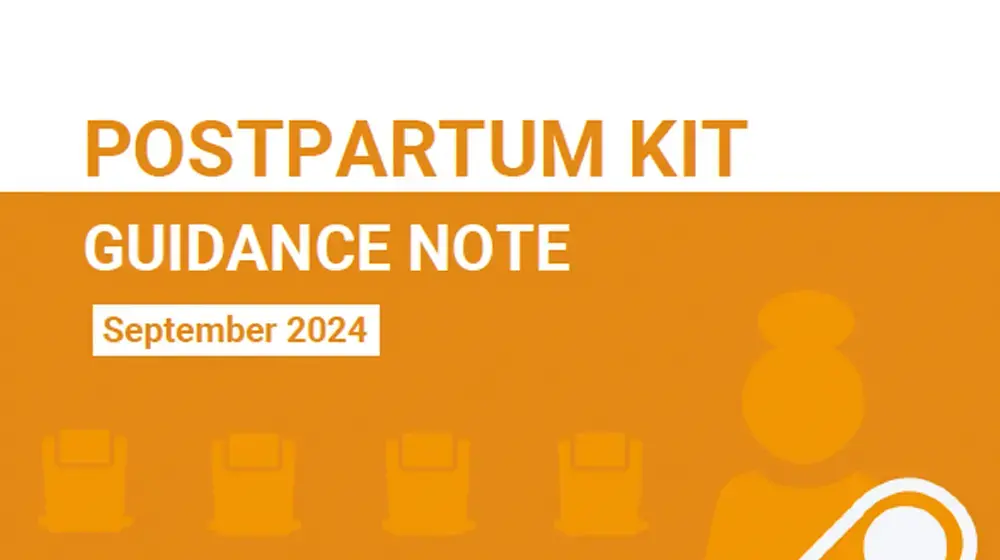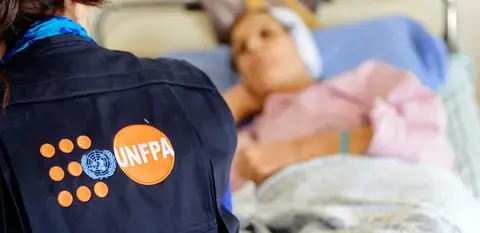Published on 27 June 2019, @reliefweb
25 years ago, the Palestinian Authority was established as a self-governing body in the autonomous areas, and prospects for independence and peace were looming. Around the same time, in 1994, the world was coming together in Cairo at the International Conference on Population and Development (ICPD) to redefine how we see population and development matters. At the conclusion of the ICPD, 179 governments endorsed the ICPD Programme of Action which, for the first time, placed the emphasis on human lives rather than demographic targets as the basis of sustainable development.
Individuals’ ability to make reproductive choices freely and responsibly and their universal access to reproductive health and family planning were recognized as basic human rights. Gender equality and women empowerment were declared pre-conditions to development. In Palestine, the challenges were enormous; Palestinians had to work harder towards state building while targeting the achievements of the promise of the ICPD.
1994 was a milestone for Palestine in many ways: With the creation of the Palestinian Central Bureau of Statistics (PCBS), Palestinians, for the first time, were able to provide official statistics on their population, also serving policy makers, researchers, and development agencies with reliable data to analyze and plan much needed development programmes.
During my tenure as the President of the PCBS from 2005 to 2009, the most challenging aspect of the work was to combine national objectives with global development agendas, a difficulty that still persists today. In fact, Palestine’s particularity lies in a complex mixture of modus operandi of state building, the quest for development, the enduring humanitarian crisis and the national struggle for liberation. This has not changed. I recall when we conducted the first population census in 1997, PCBS could not count Palestinians in East Jerusalem due to the occupation’s policies, while the 2007 census struggled to handle operations under two different authorities in Gaza and the West Bank. UNFPA’s intervention succeeded in facilitating the process and the second decennial census took place although data dissemination took many months after that due to different challenges. Delivering ICPD-related results was and is possible yet difficult in such a complex environment where a pre-state apparatus tries to subscribe to international standards.
Just like in 1994, Palestine is still a country “in the making.” Adding to that is a worse situation on the ground with feelings of disillusionment and despair, more physical restrictions and the blockade on Gaza which effectively cut it off from the rest of the world.
Nevertheless, Palestine has made remarkable progress towards achieving the ICPD programme of action. UNFPA’s programmes contributed to a significant decrease in maternal mortality from 74 per 100,000 in 1995 to 16.7 in 2018.
UNFPA also played an instrumental role in integrating sexual and reproductive health into primary health care. Between 2010 and 2014, the percentage of women aged 20-49 who reported being married under the age of 18 decreased from 36% to 24%, and unmet family planning needs decreased from 15.6% to 10.9% during the same period.
Dr Luay Shabaneh is UNFPA’s Director for the Arab region








